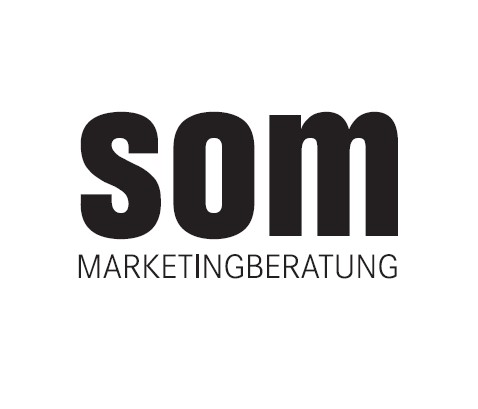Decoded Conference 2011
Last Saturday I happened to be in Munich and took over tickets for the conference from a colleague.
It was not huge conference but a nice young crowd of people from various disciplines and backgrounds: students, coders, employed and freelance, UXAs, art directors and accounters. Some presentations such as that from eboy.com or fluid forms vere visually interesting and also showed that there is a way to also market creative ideas. Others were rather theoretic (reminded me of university lectures :-)) or somewhat confusing. But all in all a nice little conference in an ideal location. I had to leave earlier so I am sure I missed something.
decoded conference trailer 2011 from decoded conference on Vimeo.

